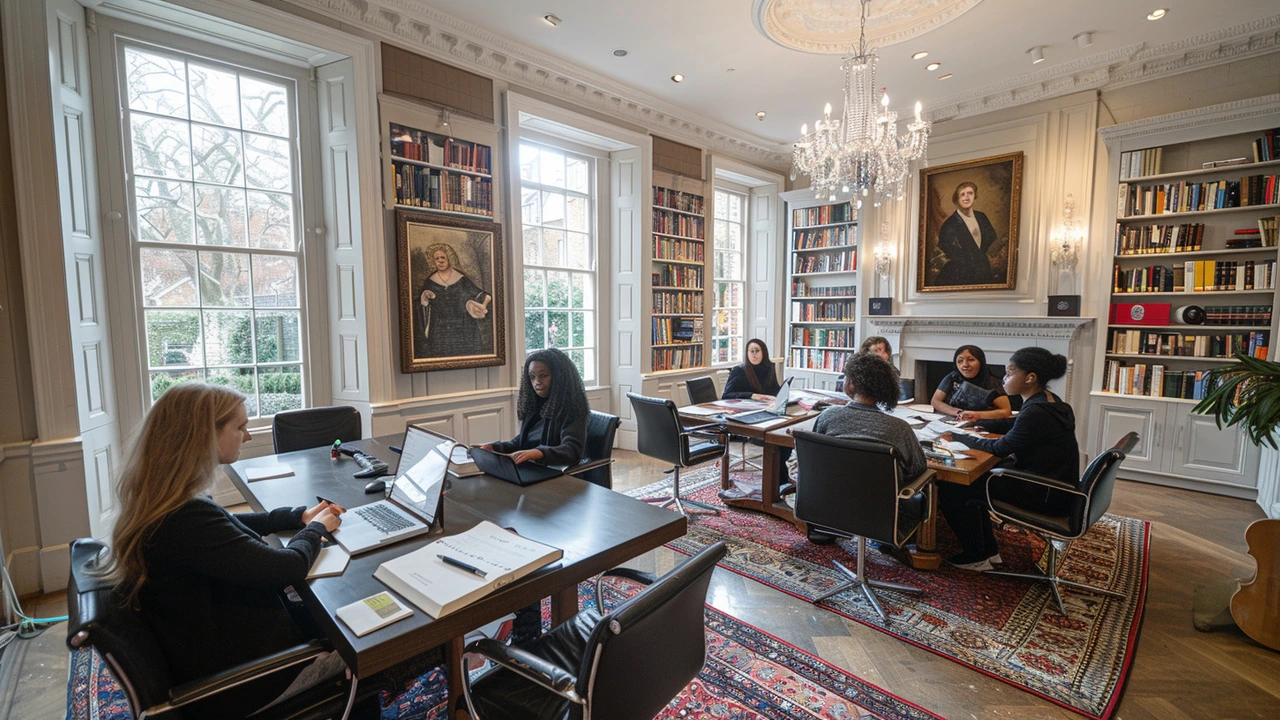Want relief that doesn't always come from a pill? Therapeutic practices are hands-on tools you can use right now to cut stress, ease pain, and sleep better. They work alongside medical care and often improve how you cope with everyday strain.
Mindfulness is one of the easiest places to start. Sit quietly for five minutes, notice your breath, and let thoughts pass without chasing them. That short habit can lower stress and help you make calmer choices when things go wrong.
Biofeedback uses sensors to show you real-time signals like heart rate or muscle tension. Seeing those numbers helps you learn to relax faster. Athletes, folks with chronic pain, and people with anxiety often get clear benefits from simple biofeedback training.
Creative arts therapies — like painting, music, or movement — let you express what words can't. You don’t need to be an artist. A 20-minute drawing session, or listening to a focused playlist, can shift mood and reduce tension by giving your brain another channel to process feelings.
Sports massage and bodywork help sore muscles, speed recovery after workouts, and calm the nervous system. Even a 15-minute targeted massage on a tight area can improve sleep and make daily tasks easier. If you’re active, schedule regular sessions or learn basic techniques to use at home.
What you eat matters. Snacks with protein and fiber keep energy steady and reduce late-day stress eating. Green tea can be a gentle pick-me-up with antioxidants; try one cup in the afternoon instead of a sugary drink. Home-made juices with vegetables add vitamins without extra sugar if you keep portions sensible.
Sleep and routine are powerful therapy tools. Go to bed and wake up at similar times, dim screens an hour before sleep, and use a simple breathing routine to fall asleep faster. Better sleep improves mood, focus, and how well other therapies work.
Movement doesn’t have to be intense. A daily walk, light stretching, or short strength routines support gut health and metabolism, reduce anxiety, and boost mood. If stress makes your gut feel off, gentle exercise and mindful eating can ease symptoms over weeks.
Try one practice for two to four weeks and watch for small changes: less tension, clearer thinking, better sleep. If something makes you feel worse, stop and try a different approach. Ask your healthcare team about combining these methods with prescribed treatments, and check your TRICARE benefits to see what’s covered.
Track progress in a simple notebook: note what you tried, how you felt, and wins. That record helps you spot effective habits and proves tiny consistent steps add up to lasting improvements over months.
Start simple. Five minutes of breath work, a short walk, or a creative session can be the habit that grows into real change. Keep what works, drop what doesn’t, and build a practical routine that helps you feel more like yourself.

In this deep dive into the transformative world of Creative Arts Therapies, we unfold a comprehensive look at how these innovative therapeutic practices are reshaping mental health care. Through a combination of music, dance, drama, and visual arts, individuals find unique pathways to healing and self-expression that traditional therapies may not offer. This article explores the origins, methodologies, and real-world applications of Creative Arts Therapies, providing insights into their benefits and how they are becoming essential in therapeutic settings. Join us in exploring how these dynamic therapies are breaking barriers and offering new hope for those seeking meaningful mental health support.
Read More